After a long hiatus, relations between China and Japan are finally stirring into action. (more…)
Gregory Clark
-
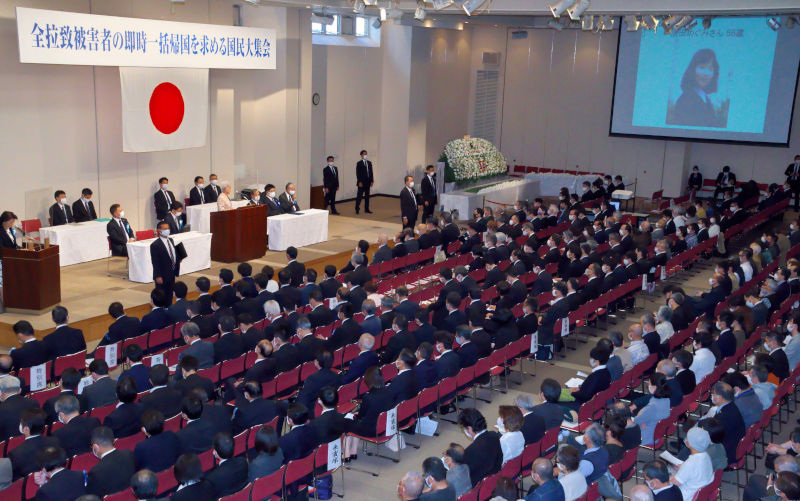
Peace, both for Ukraine and North Korea too?
As President Trump seeks to bring an end to the Ukrainian conflict, at the Asian end of the Eurasian continent some similar but much less known peace-restoring movements are underway. (more…)
-

How to protest against the atrocities in Gaza
Remember the Vietnam War? The barbarism there cannot be compared with what we see almost daily in Gaza. But just looking on impotently will not solve the problem.
-
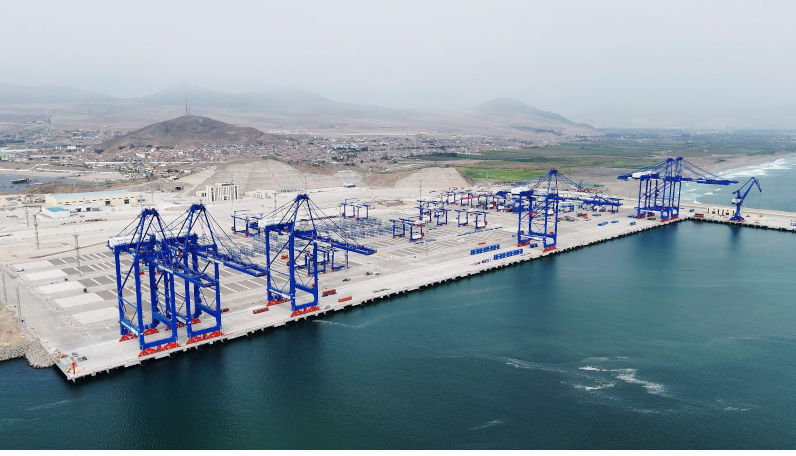
Time to take China and Latin America more seriously
The invitation said: ‘Global Multinational Corporations Summit.’ Main Topic: ‘An opening China and the World.’ (more…)
-
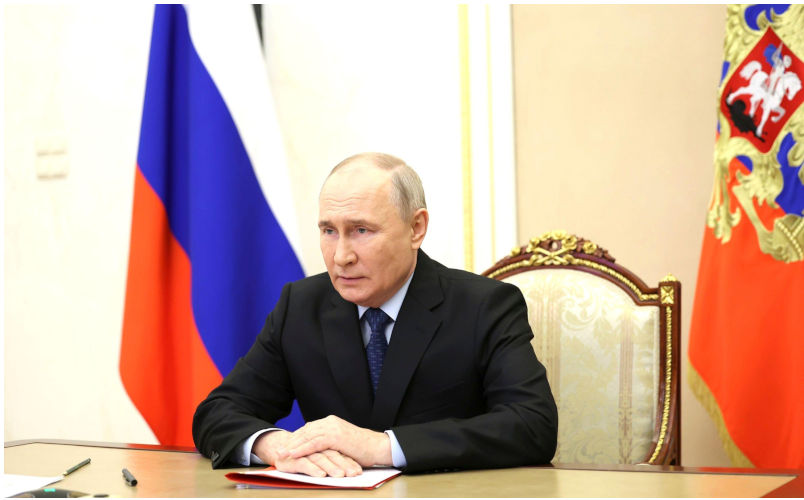
Russia’s reasons for attacking Ukraine
Vladimir Putin rarely uses English in his speeches. So if in his speech to the recent BRICS meeting in Kazan he insisted the reason for Russia’s 2022 attack on Ukraine was that he was duped (he pronounced it ‘dooped’) by Germany and France in the 2014-5 Minsk Accords then he probably meant it. (more…)
-
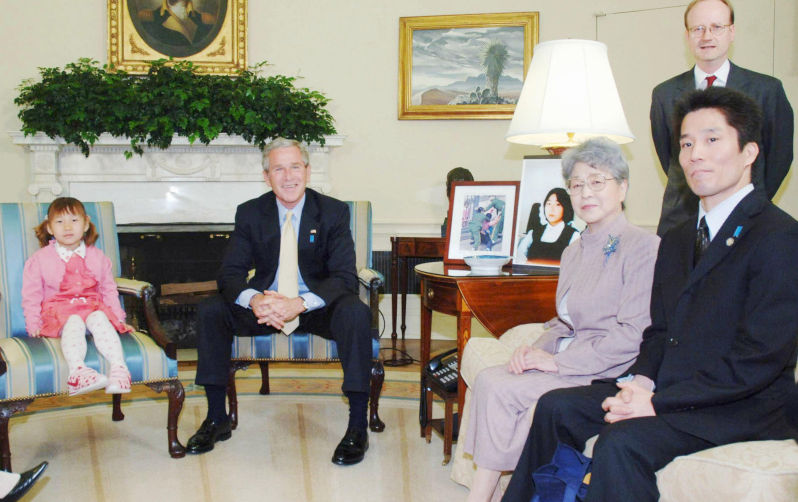
Breaking the deadlock in Japan-North Korean relations
To break the deadlock in Japan-North Korea relations, Japan’s new Prime Minister Shigeru Ishiba, has proposed liaison offices in the capitals of both countries to resolve the poisonous abductees issue – the fate of Japanese citizens abducted by North Korea in the seventies and eighties. (more…)
-
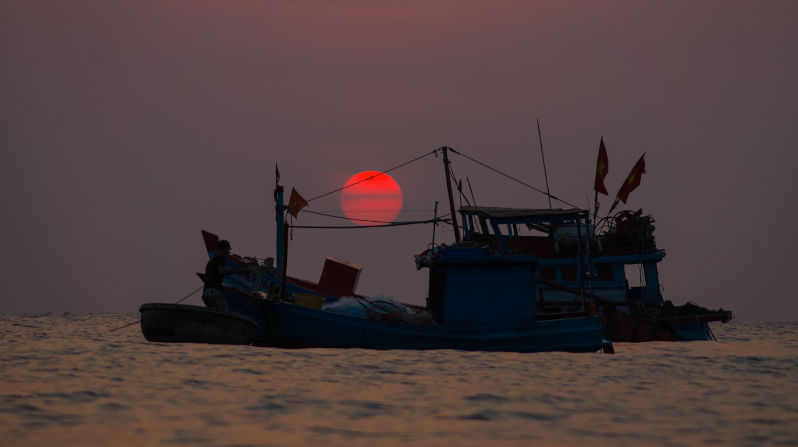
Who really owns the South China Sea?
We are told the AUKUS ‘security partnership’ with the US and UK requires Australia to acquire a fleet of nuclear-powered submarines (SSNs) to accompany AUKUS. They will operate mainly in the South China Sea, allegedly to deter China’s ‘expansionist’ goals. (more…)
-
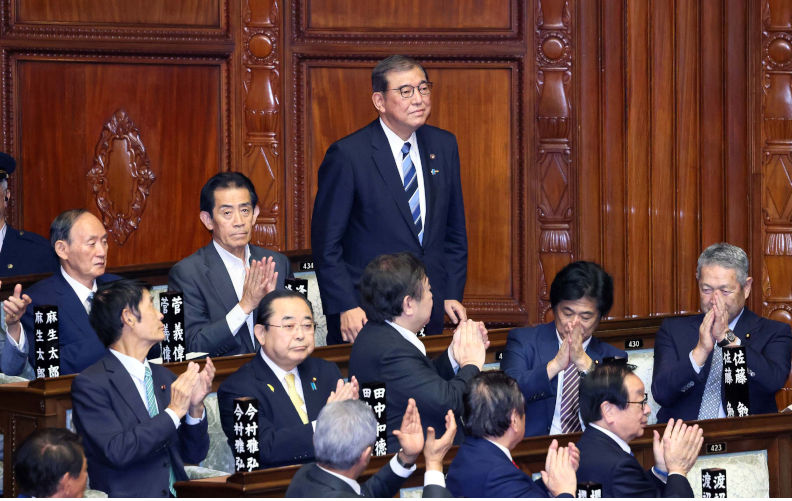
Japan’s surprising new prime minister
Japan’s new prime minister, Ishiba Shigeru, has called for an Asian NATO. But salivating hawks should restrain the glee. (more…)
-
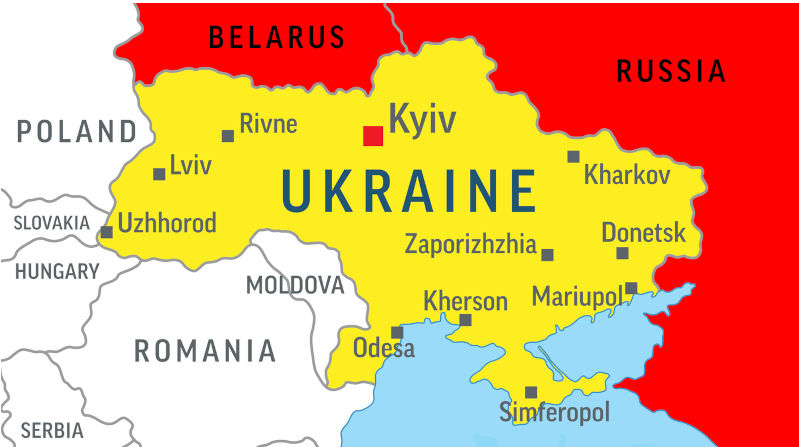
A solution in Ukraine?
There must be a negotiated end to the Ukraine War. The alternative is nuclear armageddon. (more…)
-
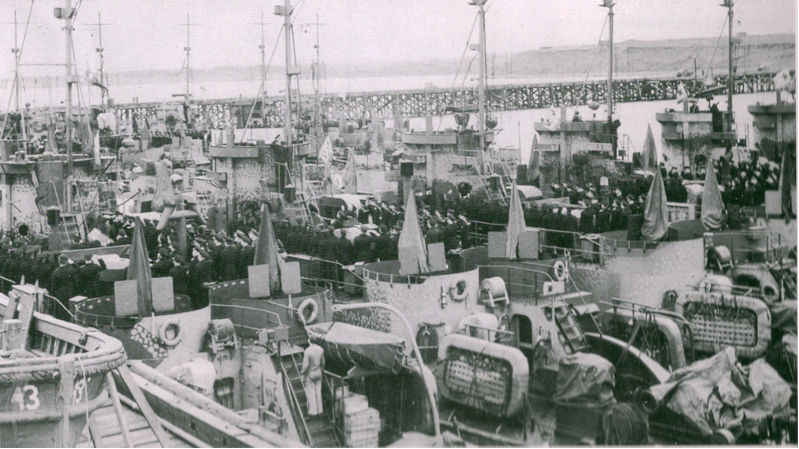
Japan – Hiroshima and Project Hula
What a difference a day (or a week) makes. What a difference the mere translation of a word makes. (more…)
-

Panic as Japan stocks take biggest dive since Black Monday, 1987
If it was panic last Friday, the Asahi Shimbun declared when the stock market fell more than 2,200 points, or 5.8 percent. It was double panic by this afternoon (Monday) when the market fell even more, by 3,800 points to the 31,000 mark. (more…)
-
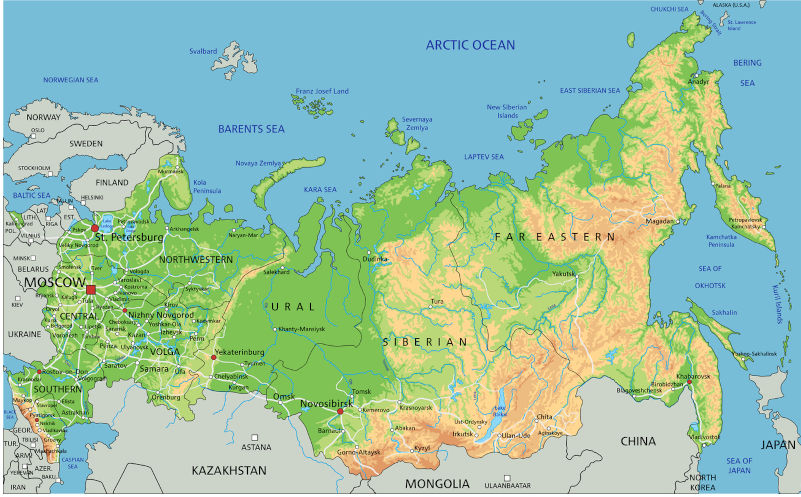
Putin’s mistake in Ukraine: Moscow forced to move to Novosibirsk?
In 2004, Russia’s President Putin said the collapse of the Soviet Union “was the greatest geopolitical catastrophe of the century.” This was picked up by our hawks as a Moscow wish for more Cold War. (more…)
-
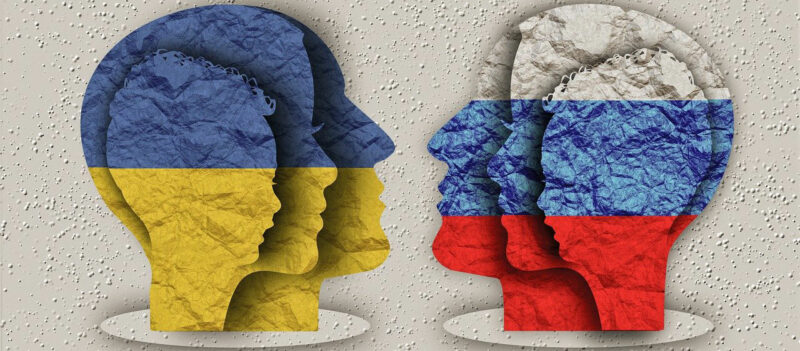
NYT confirms war-ending Russian-Ukraine peace agreement sabotaged by West
With much less drama than its famous 1971 Pentagon Papers, the New York Times has disclosed three documents confirming that Russia and Ukraine were close to war-ending agreements in the first half of 2022, shortly after Moscow began its so-called ‘special operation’ attack on Ukraine, February 24, 2022. (more…)
-
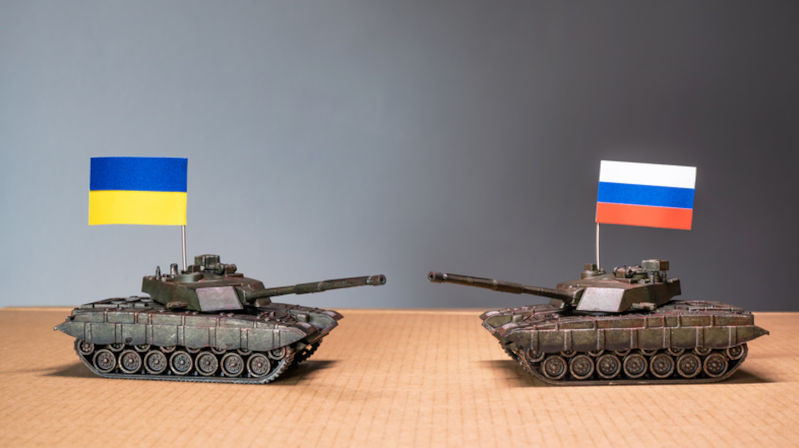
BBC reporting on Ukraine
The BBC has a loose bolt somewhere. It has now begun a strange campaign saying it is dedicated to non-spin reporting. (more…)
-

The Kremlin needs a new PR agent
Moscow would have us believe it is fighting a life and death struggle in the muddy trenches of Donbas. But what do we get to see on the inauguration of its president? Glittering gold chambers and goose-stepping soldiers. (more…)
-
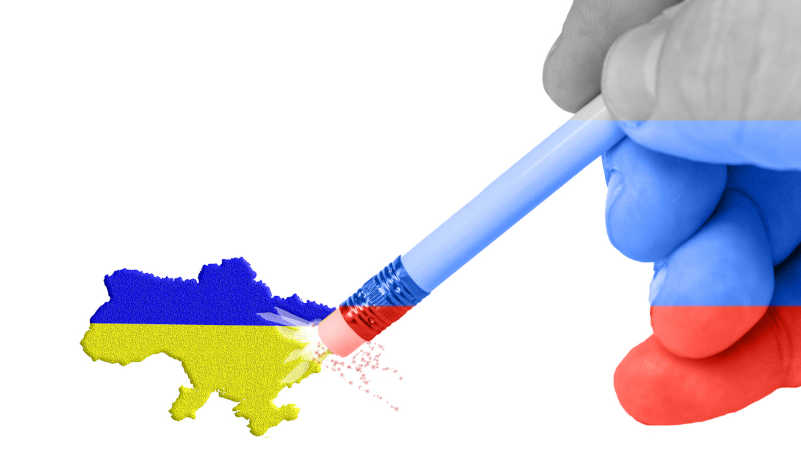
Marking 10 years of the Russo-Ukraine War
On February 28, 2022, four days after Russia had attacked into Ukraine, Moscow and Kiev began peace talks. (more…)
-
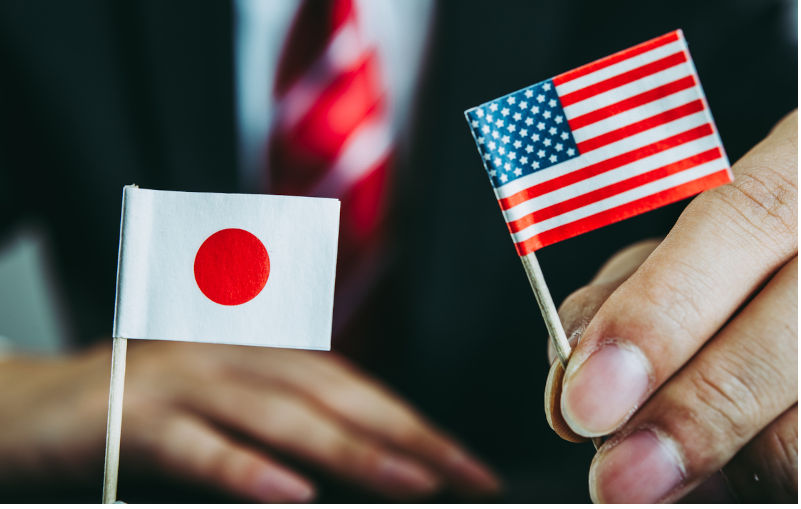
“Seamless integration”: Japan to become sub-contractor for US aggression towards China
‘New era for alliance’ headlined the right wing Japan Times after the Japan-US summit talks in Washington this week between President Biden and Japan’s prime minister, Fumio Kishida.. But not everyone was so enthused. (more…)
-
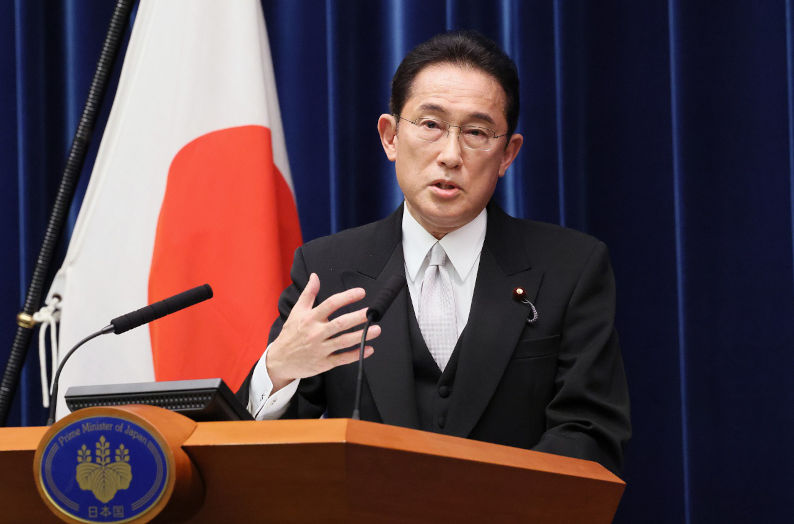
Japan’s abductions myths have kept a nation in poverty for decades
How can it happen that a person who probably no longer exists can keep an entire nation, North Korea, in poverty for more than twenty years, and the rest of us under prolonged nuclear threat? The story is complicated. (more…)
-
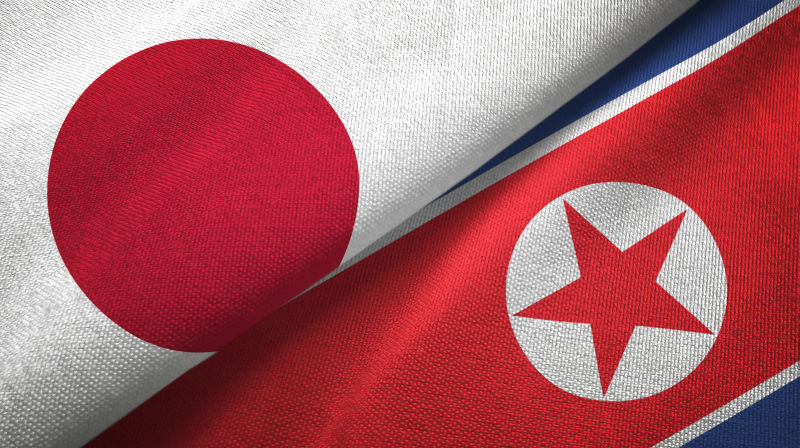
Western hawks continue to see North Korea as a target for attack
With Japan’s former prime minister, Shinzo Abe, assassinated, Japan’s current prime minister, Fumio Kishida, has been saying he wants direct talks with North Korea’s leader, Kim Jong Un -a reversal of Abe’s position. (more…)
-
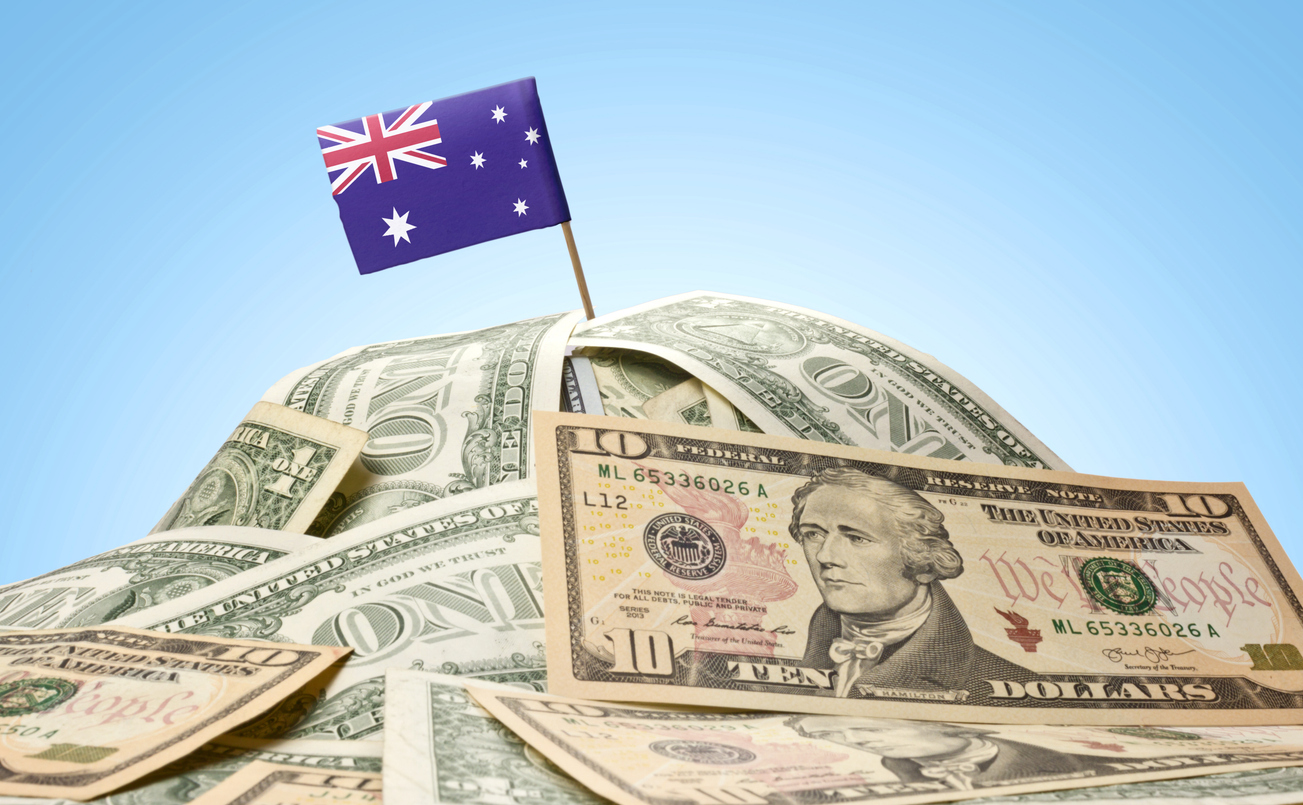
Lunacy: Australia pays the US billions to “keep those Chinese at bay”
When Canberra told us we had to join the US in its cruel attempt to prevent a Vietnamese peasant army from overthrowing a US-armed Saigon government, some of us thought the politicians were plain stupid. (more…)
-
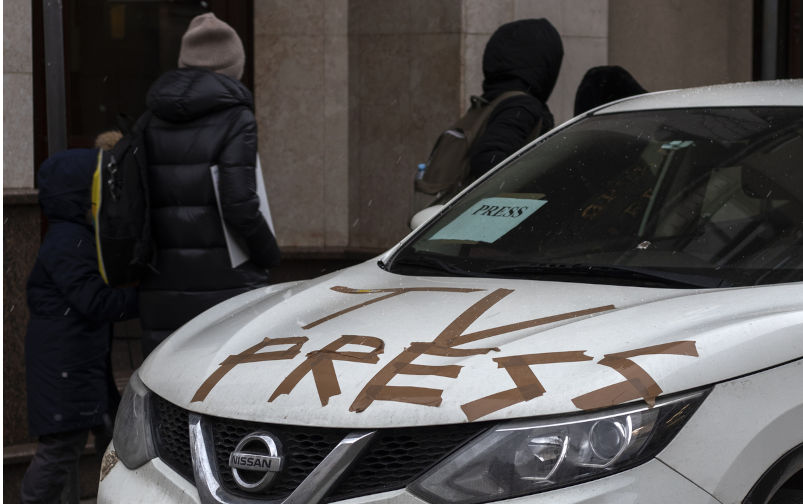
The failure of Western on-the-ground war reporting
On the ground reporting by Western media of the Russia-Ukraine conflict has been weak. (more…)
-
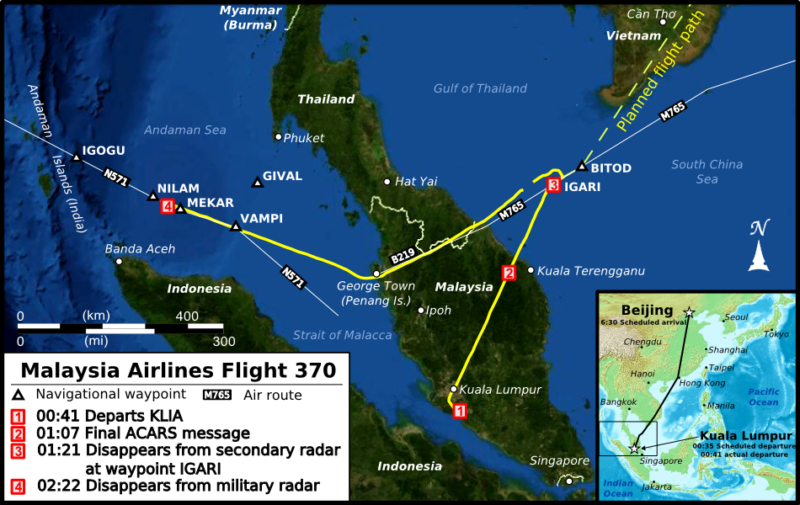
Hiding in plain sight – Malaysian Airlines flight 370
As we approach the tenth anniversary of the 2014 disappearance of flight 370, Malaysian Airlines, we are getting the usual barrage of media speculation about the alleged mystery and its possible causes. (more…)
-
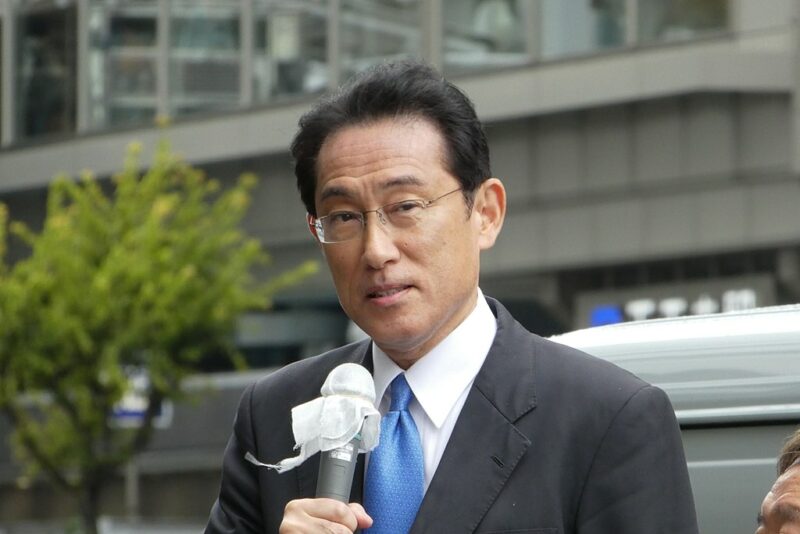
Can war on the Korean Peninsula be averted?
The US seems to have decided it cannot tolerate China as a threat to its global hegemony. (more…)
-
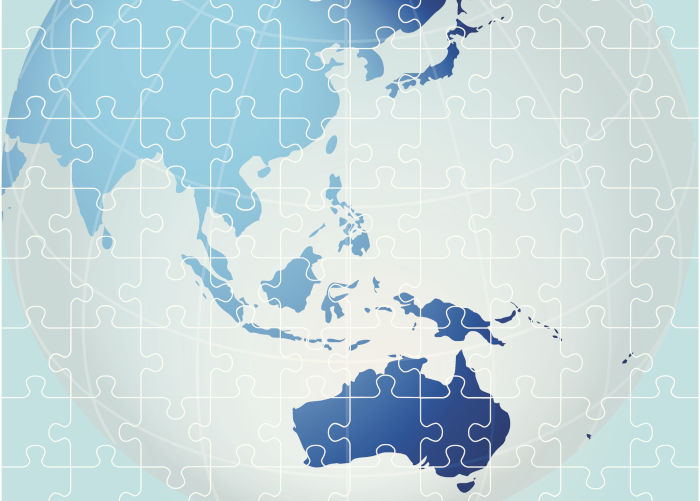
Cautious, middle of the road wisdom won’t solve Asia’s problems
The recent Statement from former Australian Foreign Ministers Gareth Evans and Bob Carr calling for Australia to play a role in seeking detente between the US and China in Asia is worthy. But is it realistic?
It tells us that the Australia-Japan initiated International Commission on Nuclear Non- Proliferation and Disarmament of 2009, is a model of creative, middle power diplomacy.
But in the name of protecting its own security Tokyo rejects any disarmament proposal that hints of sacrificing absolute US nuclear security. How is that supposed to promote detente in Asia?
A resolution of the North Korea problem must be a key to any such detente. But Tokyo was directly responsible for sabotaging the 2002 Pyongyang Declaration that would have seen North Korea make its first move to nuclear disarmament and to joining in North Asia diplomacy.
The sabotage was largely the handiwork of former (now deceased) Japanese prime minister, Shinzo Abe, assisted by fanatical anti-Pyongyang elements who say North Korea is hiding and using people abducted secretly from Japan more than 50 years ago. Some insist the number of abductees could be close to eight hundred.
This is totally unsubstantiated ‘fairies in the attic’ fantasy. Yet the abductee problem was recently voiced again by Japan’s prime minister Fumio Kishida as reason to keep pressure on Pyongyang.
How can we have detente in Asia if Tokyo’s unrepentant foreign policy fanatics continue to receive encouragement at the highest levels?
That Declaration was largely the work of a senior, dedicated Japanese Foreign Ministry official, Hitoshi Tanaka, and the then North Korean leader, Kim Jong Il. How can Asia move to detente when the painstaking work of detente-minded individuals can be so easily discarded?
The Evans-Carr detente statement calls for a freezing of the Taiwan Straits status-quo. But we know this is something Beijing cannot accept. Nor, one assumes, can Australia or the US, since both accepted in the seventies Beijing’s treaty-based claims to Taiwan and both insist they continue to abide by a rules-based international order.
How can there be any detente in Asia if major powers can be allowed to say one thing one day and something different the next, simply as a matter of convenience?
The Statement calls for both sides to ‘desist from demands for absolute primacy’. But at last call Beijing was not seeking any absolute primacy. It was the US with its claims to exceptionalism.
The overall tone of the Statement is cautious, anxiously seeking the middle of the road – similar to what we used to hear during the Vietnam War, with both sides unrealistically called to accept the status quo. Detente in Asia demands some attempt to find justice. Would it be expected to endorse repression by Myanmar generals, for example.
The Statement mentions Henry Kissinger and the former Soviet leader, Leonid Brezhnev, as examples of detente seekers. Kissinger deserves credit for his 1971 move to open the door to China. But the latter was the author of the Brezhnev Doctrine justifying Soviet 1968 intervention to crush Czechoslovakia’s liberalisation.
Nikita Khrushchev was a much better Soviet example. His efforts at detente could have ended the Cold War. But they were shot down by US hawks. And he was overthrown in 1964 by Leonid Brezhnev.
-
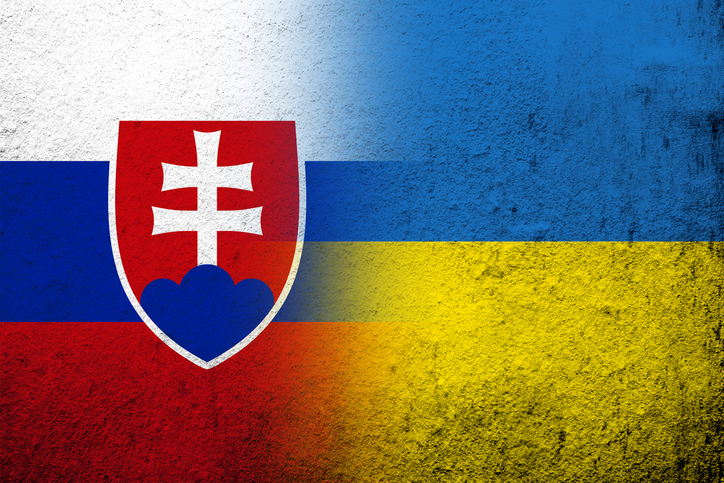
Slovakia, Hungary criticise western values, halt support for Ukraine
Slovakia is the poor relation created when the former Czechoslovakia divided in 1993 into the Czech and Slovak Republics. The Czech Republic has hewn closely to EU and NATO policies over Ukraine. But despite NATO membership the Slovak Republic has decided to halt military aid to Ukraine. And its prime minister, Robert Fico, has now come out with a strong pro-Russian statement over the Ukraine conflict. (more…)
-
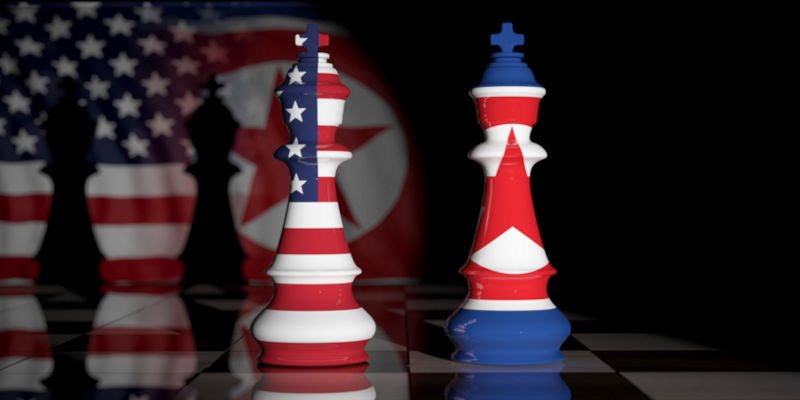
Gut instincts and North Korean relations
Between years 2000 and 2018 the North Korea and South Korea governments issued three joint declarations all promising South Korean economic aid to North Korea and North Korean moves to denuclearisation. (more…)
-
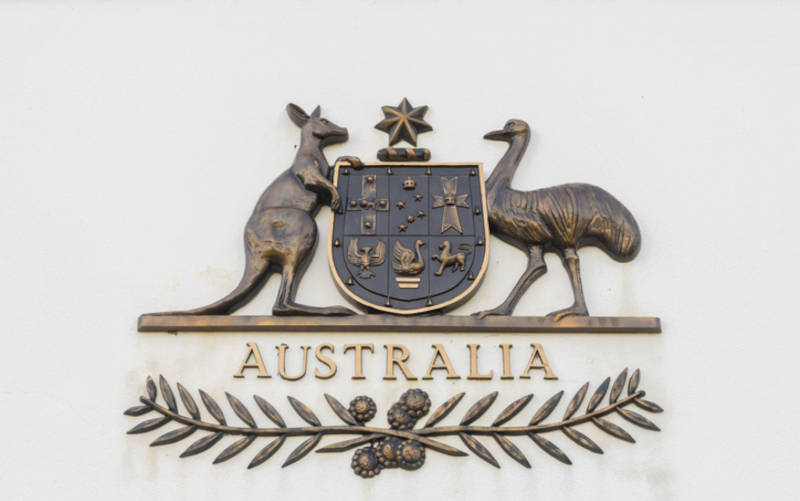
Two grievous Australian policy mistakes-Israel and China
Where fear of China is involved there is no conscience for the mistakes of the past. Nor can we expect any sensibility in the plans for the future. (more…)
-

A fatal blow for Japanese Prime Minister Fumio Kishida
The latest Japanese political scandal involving at least four top government ministers and numerous junior officials is widely seen as a fatal blow to the prime minister Fumio Kishida already dogged by a weak image and record low popularity polls. (more…)
-
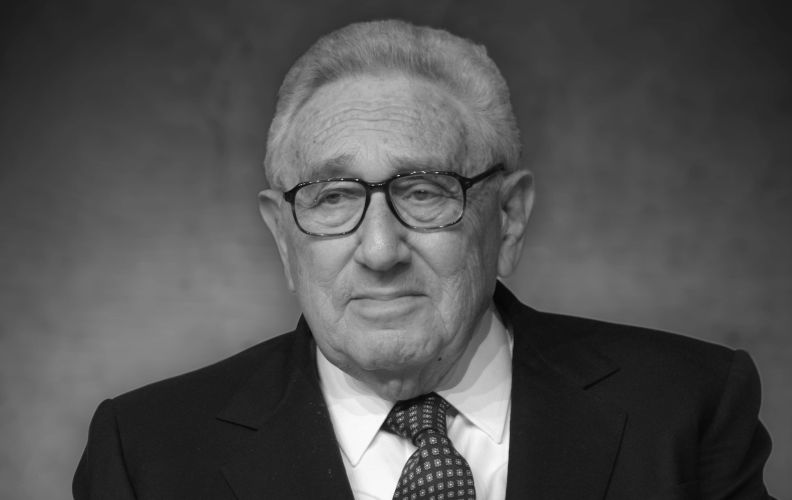
The unflinching cruelty of Henry Kissinger
Henry Kissinger’s death has brought a flow of predictable judgements: ‘He created some evils – 1973 Chile, for example. But overall he helped end the Cold War.’ And as a beneficiary – the 1971 opening to China, for example – Australians should be grateful. (more…)
-

Impressions of China: political stagnation and an economy transformed
After a one week China tour organised by some Chinese entrepreneurs to mark the anniversary of the 1971 pingpong diplomacy which opened China to the outside world, two firm impressions remain. One is the extraordinary pace and dynamism of the economic, and social, progress. The other is the political stagnation, with our guides still clinging to the name of Chairman Mao. (more…)
